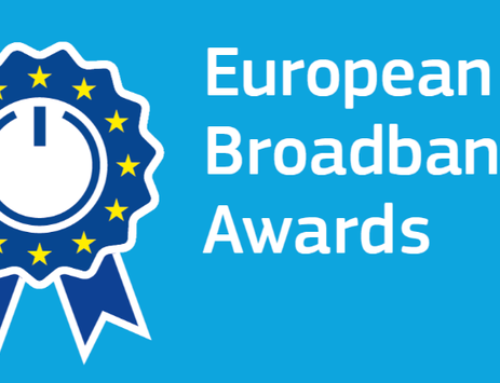Author: Raphael Garcia (AEIDL)
The European Commission has adopted two proposals for a Council Recommendation aimed at providing high-quality, inclusive, and accessible digital education and training to develop the digital skills of European citizens. The proposals address two main challenges: the lack of a whole-of-government approach to digital education and training, and difficulties in equipping people with the necessary digital skills.
The first proposal calls for a “Council Recommendation on the key enabling factors for successful digital education and training” that would ensure universal access to inclusive and high-quality digital education and training. Member States are called upon to create a coherent framework of investment, governance, and teacher training to implement a whole-of-government and multi-stakeholder approach. The proposal proposes guidance and action that Member States can pursue to create a culture of bottom-up innovation and digitalisation led by education and training staff.
The second proposal addresses the varying levels of digital skills within different segments of the population and the ability of national education and training systems to address these differences. The “Council Recommendation on improving the provision of digital skills in education and training” calls on Member States to provide digital skills in a coherent way through all levels of education and training, establish incremental objectives, and set up targeted interventions for specific groups. The proposal also calls on Member States to support high-quality informatics in schools, mainstream the development of digital skills for adults, and address shortages in information technology professions by adopting inclusive strategies.
The proposals are in line with the solidarity and inclusion key pillar of the European digital rights and principles, stating that everyone should have access to the internet and to digital skills, with no one left behind add contribute to achieving the goals of the European Skills Agenda, the European Social Pillar Action Plan, and the 2030 Digital Compass.
In conclusion, the proposals put forth by the Commission are essential for the development of digital skills and education in Europe. They provide a clear roadmap for Member States to follow in ensuring universal access to digital education and training and improving the provision of digital skills. The Commission’s commitment to promoting and improving digital skills among Europeans is an important deliverable of the European Year of Skills, and it will contribute to achieving the Digital Decade’s objectives.






